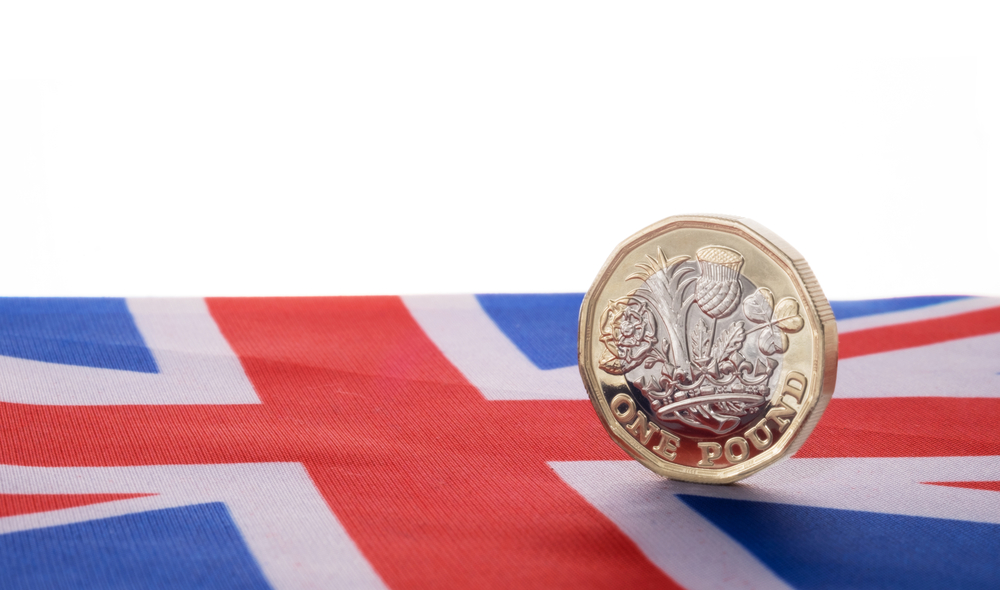News
UK economy grows in October but at a ‘snail’s pace’

UK Gross Domestic Product (GDP) grew 0.4% in October – the sixth consecutive monthly increase, according to the Office for National Statistics (ONS).
The October GDP is now 23.4% higher than the April low. However, it remains 7.9% below levels seen in February 2020 before the full impact of the coronavirus crisis.
By sector, services grew 0.2% in the month, though it’s still 8.6% lower than the February level. Production grew 1.3%, but it remains 4.4% lower than the pre-pandemic figure. And while construction grew 1%, it’s still 6.4% lower than February.
Ruth Gregory, senior UK economist at Capital Economics, said that while the economy continued to grow in October, it was at a “snail’s pace”.
She said: “With the Covid-19 restrictions likely to remain in place for some time, the economy is in for a difficult few months yet. But scope for a decent “vaccine bounce” next year should allow the economy to regain its pre-pandemic level in early 2022. And we now think that by the middle of the decade the economy won’t be much smaller than if the crisis had never happened.
“The 0.4% monthly rise in GDP was a far cry from the 2.2% and 1.1% monthly gains seen in August and September respectively and suggests that the recovery had already burnt out even before November’s lockdown was imposed. That left the economy still 7.9% smaller than before the crisis, a bigger shortfall than during the whole of the Global Financial Crisis.
“What’s more, the second lockdown probably caused the economy to contract sharply in November, perhaps by up to 8%. And the economy still has an awful lot to contend with in the form of ongoing Covid-19 restrictions in the coming months, rising unemployment and a large overhang of corporate debt. Beyond the next six months, though, the outlook looks brighter – provided of course, the politicians don’t mess it up with an uncooperative no deal Brexit or an early fiscal tightening.”